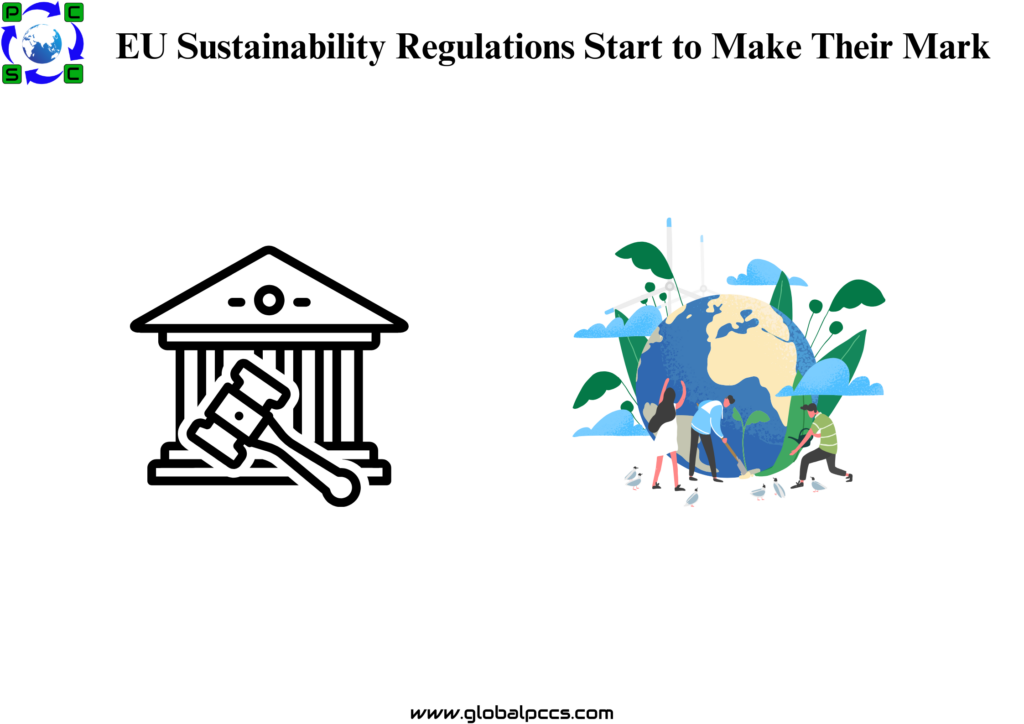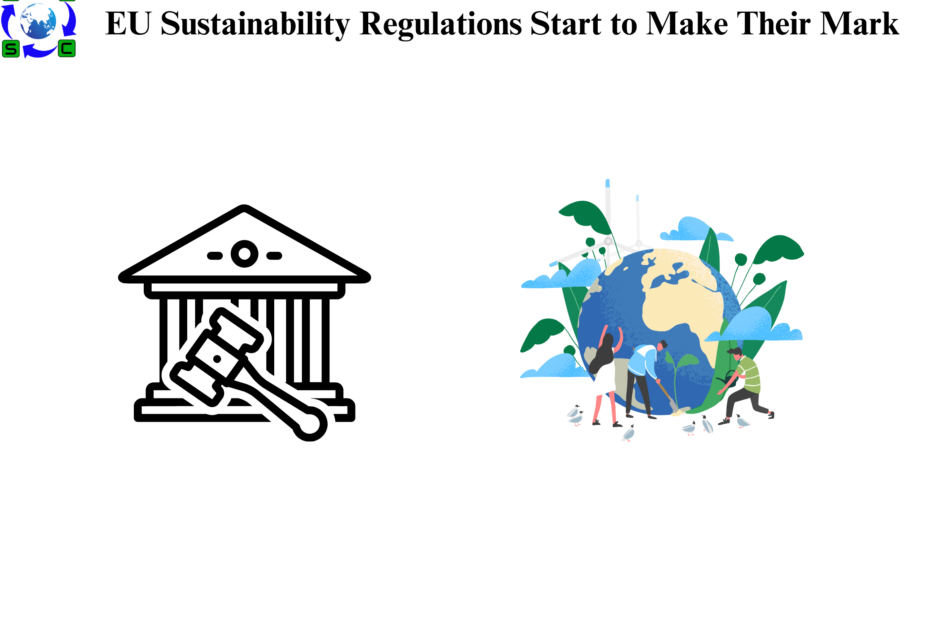 Two new laws, the EU’s Corporate Sustainability Due Diligence Directive (CSDDD) and the Eco-design Sustainable Products Regulation (ESPR), were formally enacted in the previous month.
Two new laws, the EU’s Corporate Sustainability Due Diligence Directive (CSDDD) and the Eco-design Sustainable Products Regulation (ESPR), were formally enacted in the previous month.
The ESPR is a framework legislation that, in the future, will force most items marketed in the EU (food and medicine being the main exceptions) to increase their sustainability or face fines that will be decided by individual member states. Generating digital product passports with material information, recycling and repair guidelines, and environmental performance metrics is an essential and difficult aspect of this regulation.
It appeared as though the CSDDD may not pass only a few months ago, but it managed to pass after some significant modifications decreased the number of enterprises that it affected. It became a legally binding regulation on July 25, 2024, and the European Commission published FAQs outlining the regulations. The first set of corporations must comply by July 26, 2027, while member states have until July 20, 2026, to incorporate the regulation into national law.
The deadlines under the EU’s Corporate Sustainability Reporting Directive (CSRD) and Deforestation Regulation (EUDR) are much more critical:
By the end of this year, businesses who import goods made from cattle, cocoa, coffee, palm oil, soy, wood, and rubber will have to provide a customs statement to the EUDR on the product’s impact on deforestation. The statement must demonstrate that the items did not come from places that have been cleared of trees or otherwise degraded after December 31, 2020.
Some firms have started reporting for the CSRD already, and hundreds more will do so in the upcoming year. A research on the use of the European Sustainability Reporting Standards (ESRS) that examined the reporting practices of 28 businesses that have previously used the standards was published last week by the European Financial Reporting Advisory Group (EFRAG). The research focuses on value chains, data points, double materiality, and other topics while highlighting the procedures and difficulties faced by these 28 businesses.
The EUDR’s impending deadline is causing a stir throughout the world, with the US joining a growing chorus of countries questioning the rule’s viability and justice and requesting a postponement.








 Authorised IMDS & CDX Training & Consulting partner for
Authorised IMDS & CDX Training & Consulting partner for






